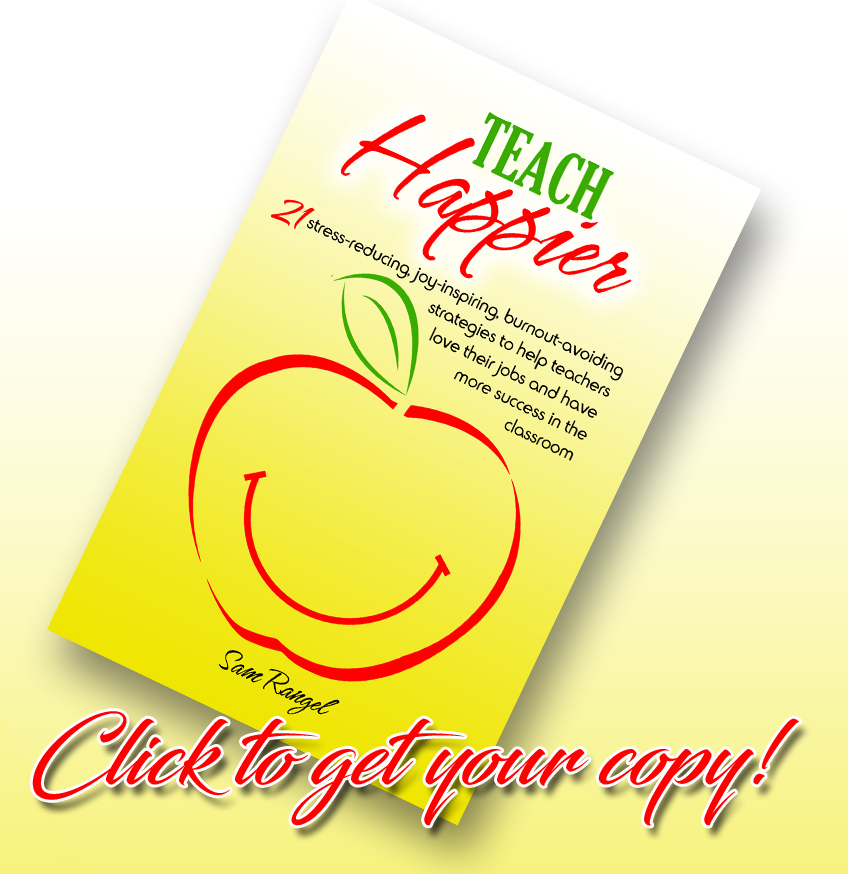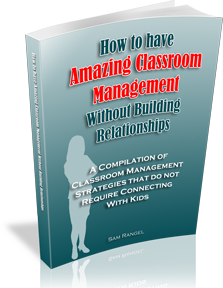I tried something new today in class, and it didn’t go as well as I thought it was going to go. I planned an activity where my students were going to act out the key terms that were going to be on tom orrow’s test. It was almost like a game of charades. From the inception of the plan, I had one of those, “it’s-going-to-be-a-disaster” feelings. I should have paid attention.
orrow’s test. It was almost like a game of charades. From the inception of the plan, I had one of those, “it’s-going-to-be-a-disaster” feelings. I should have paid attention.
I tried this activity with two of my four groups of students. My first group was my “honors” group. Almost all of the students in this class are high achievers who normally get top marks on their tests, and they always turn in their homework. They actually did OK with this assignment. They had a good time and wanted to play longer. This is why I felt good about doing this activity with the other class, even though that voice inside was screaming at me to abandon ship.
My other class is the complete opposite of my first class. Although there are a few honors students in the class, the majority are your average students. I also have a group of students who have been diagnosed with learning disabilities.
I knew I should have gone with another activity, but I wanted to believe that these kids would rise to the challenge and do great. Isn’t that what I tell my student teachers? “Don’t sell the students short. They’ll surprise you with what they can do.”
Sometimes they don’t.
It was a disaster. The kids didn’t have the same enthusiasm. They didn’t have the same creativity. They didnt have the same desire to do well. They didn’t have the same background knowledge as my honors class. It was bad.
I was able to keep things on track, and we got through it, but it was tough.
Here is what I learned:
1. A student’s personal motivation to do well has a big effect on the success of an activity. Even the most poorly planned lesson will work if the student wants to succeed. The same holds true on the other side of the spectrum. Even the best planned lesson will fall short if the motivation is not there.
2. If you’re surrounded by high achievers, you will strive to be above average. My non-honors students in my honors class prticipated more than my honor students in my non-honors class. Does that make sense?
3. Background knowledge in the subject is a gigantic advantage. My honors students had understood the previous lessons. My non-honors students hadn’t, so when they were asked to act out the specific terms from the lessons, they were at a disadvantage, and often just stood there not knowing what to do.
4. It’s OK to try something new even if you fall flat on your face. My activity didn’t work out like I wanted it to, but I don’t regret giving it a shot. I didn’t see it as a failure. I took it as a learning experience. I’ll do it again I’m sure, but I’ll make a few modifications for the second group, and it will be great. It will! Really!
Today’s Tip For New Teachers: Go ahead and try new things. Assume that the students will rise to your expectations. Most of the time they will. On those occasions when they don’t, and the lesson falls flat, don’t beat yourself up about it. It’s going to happen. Don’t let it ruin your day. See it as a learning experience, and move on. Don’t let it stop you from being creative with your lessons. Even old veterans like me have bad days. Tomorrow is another day. Tomorrow is going to to be a great day!
What do you think?
Sam



